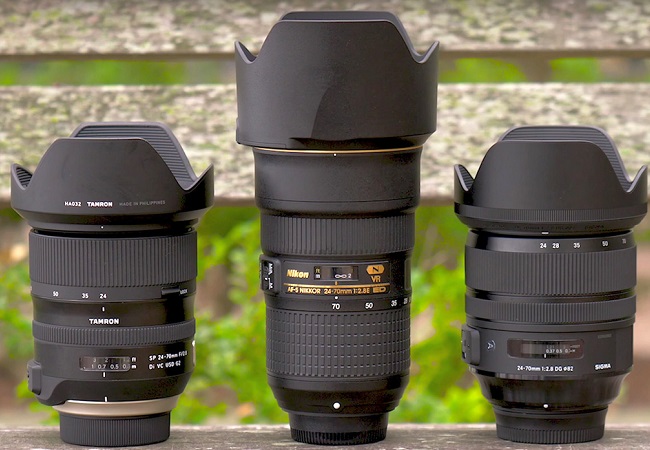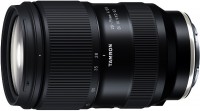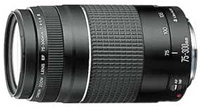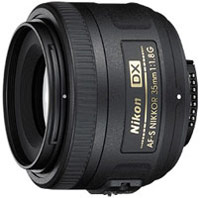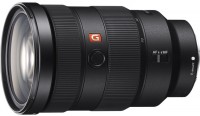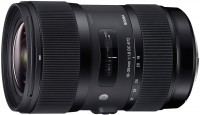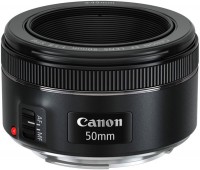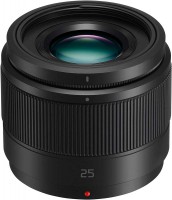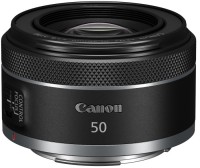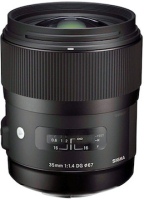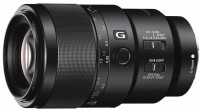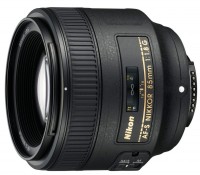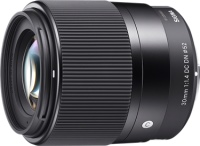Olympus 7-14mm f/2.8 ED Pro M.Zuiko Digital
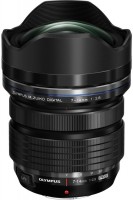 |
Olympus 7-14mm f/2.8 ED Pro M.Zuiko Digital | |||||||||||||||||||||||||||||||||||
| |||||||||||||||||||||||||||||||||||
Always clarify the specifications and configuration of the product with the online store manager before purchasing.
Catalog Olympus 2025 - new arrivals, bestsellers, and the most relevant models Olympus.
Buy Olympus 7-14mm f/2.8 ED Pro M.Zuiko Digital
All prices 6 →Olympus M.Zuiko Digital ED 7-14mm F2.8 PRO V313020BU000-U410-AF01 | $1,199.99 | ||||
Olympus M. ZUIKO Digital ED 7 - 14 mm f/2.8 PRO Lens V313020BU000 | $1,199.99 | ||||
Olympus M.Zuiko ED 7-14mm f/2.8 Pro Digital Lens | $1,399.99 |  | |||
Olympus M.Zuiko Digital ED 7-14mm f/2.8 Pro Lens for Micro Four Thirds, Black V313020BU000 | $1,199.99 | ||||
Olympus M. Zuiko Digital ED 7-14mm f/2.8 PRO Lens Bundle AG3OLY714ED1 | $1,329.95 | ||||
Olympus M. Zuiko Digital ED 7-14mm f/2.8 PRO Lens Bundle AG3OLY714ED2 | $1,344.95 | ||||
The Olympus Pro lens series is geared towards professional use. All representatives of this line are distinguished by high build quality and excellent optical characteristics.
constant aperture
An ultra-wide-angle lens with a focal length range of 7-14mm allows you to capture the maximum space in front of you in the frame. It is convenient to use it when traveling, especially when shooting various architectural structures or museum exhibitions. The lack of lighting in the rooms is easily compensated by the high constant aperture of f / 2.8 throughout the entire zoom range.
5 points
The design of the lens has 14 elements in 11 groups. Moreover, most of the elements are special (9 pcs) — they are designed to help in the fight against chromatic aberrations, glare and overshoot, etc. Naturally, the influence of parasitic effects on the final result is minimized. The naked eye can only notice vignetting (by 7 mm at f/2.8, the level of darkening of the edges of the frame barely reaches 0.7 EV), which can also be neglected. There are no complaints about sharpness either — with an aperture of f / 2.8-5.6, it gets a solid "five" at all focal lengths.
Pro Level
There are 11 rubber seals around the perimeter of the well-assembled lens body, which provide protection against dust and water entering the structure. The focus mechanism is implemented in an interesting way: by default, it is electromechanical, but it is enough to slightly shift the focus ring to the “on itself” position and it becomes possible to focus manually. At the same time, the focus distance scale is exposed above the ring. In addition, there was a place on the case for the programmable key "L-Fn", pressing which can activate one predefined function (out of 25 options).
A number of restrictions
The lack of a built-in image stabilizer on board will go unnoticed by owners of Olympus mirrorless cameras (their cameras are a priori equipped with a matrix stabilization system), but owners of Panasonic cameras may experience certain inconveniences. Another limiting factor is the too convex front lens of the lens, which does not allow the use of traditional filters in tandem with it. These disadvantages are negligible in comparison with the capabilities of the lens and its excellent image, ready to offer minimal distortion throughout the entire range of focal lengths.

